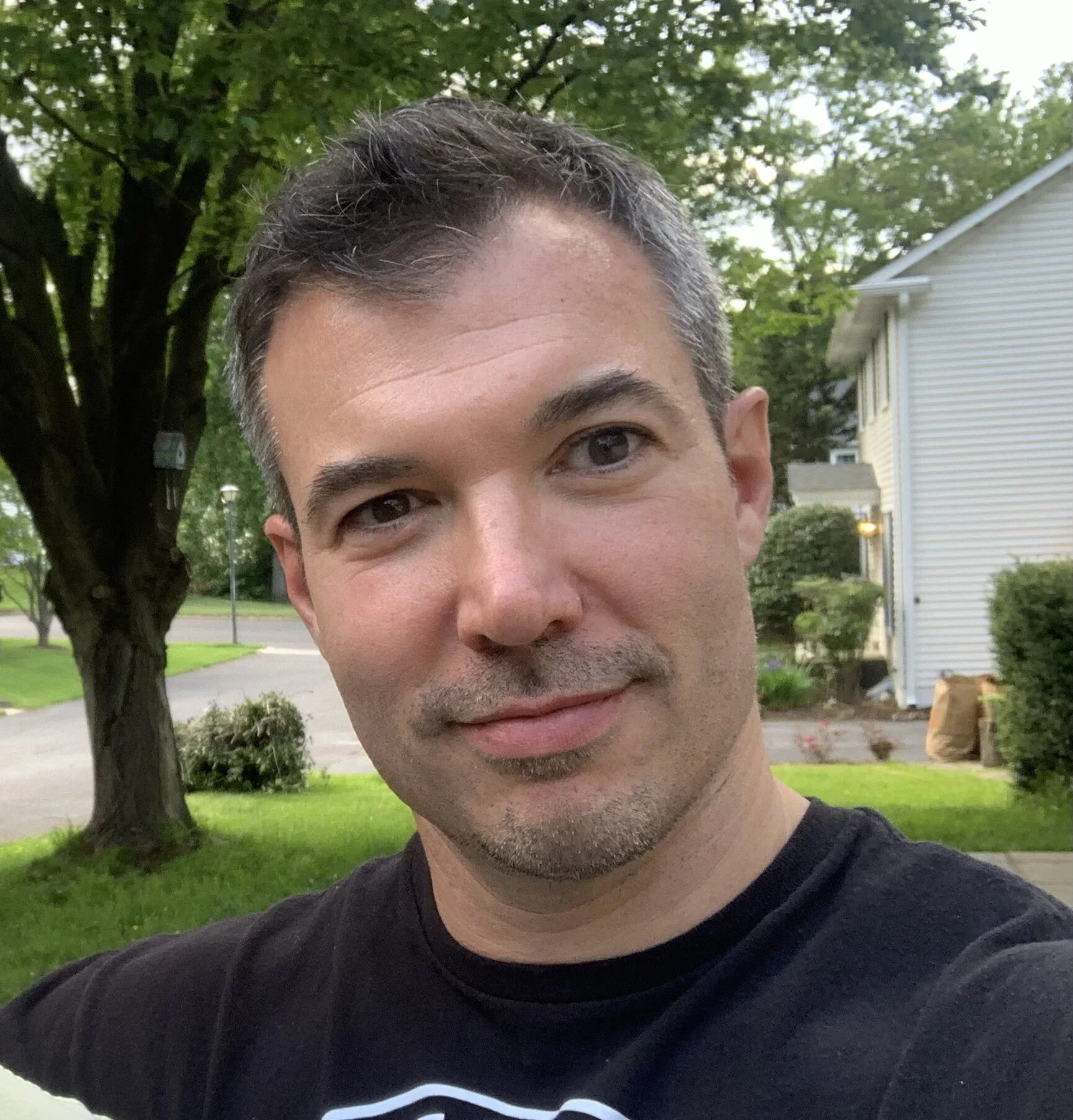Cameron MacKenzie
Cameron MacKenzie is the author of the short story collection River Weather, from Alternating Current Press. His other books include the novel, The Beginning of His Excellent and Eventful Career, and monograph Badiou and American Modernist Poetics.
Instagram: @cam.mac127
Facebook: cameron.mackenzie.7
What’s the oddest thing a reader has ever asked you?
I wrote my first novel on the Mexican revolutionary Pancho Villa, who some see as a glorious liberator and others see as a sadistic thug. To my mind, he was both, so in order to convey that in a first-person narration, I had to create a personality that could hold those contradictions. Many of my readers were upset by some of the things Villa does in the book because, I think, they fall in love with the noble side of him and are shocked by what he's truly capable of. "Why does Villa kill his friends?" was a big question, as was "Why is he so cruel to this woman and so loving to this other one?" I was surprised that my readers were surprised, because I think it's quite common to delude ourselves about who we are, what we want, and whether our behavior is justified. I chose to take those questions as proof that the character was doing his job, which was to try to convince the reader he was a good person, and always in the right.
Not all books are for all readers… when you start a book and you just don’t like it, how long do you read until you bail?
Really great writing relaxes me and poor writing makes me anxious, so I pay attention to how those first two pages make me feel. A great writer usually does a few things very quickly: first, provides a hook; second, demonstrates mastery of the language. This second one, I've found, is often brought about through a combination of technical proficiency and a joy or passion that stretches the boundaries of what's expected. Great writing lets the reader know, very quickly, that the writer knows what the rules are, and when they can get bent.
Do you speak a second language? Do you think differently in that language? Does it influence your writing?
I used to speak Japanese. Not well, but I could get by and generally hold a conversation. I lived in Japan for a while and I found that trying to translate from one language to another was disastrous, so in an attempt at immersion I started to talk to myself in Japanese, and it really began to help with fluency. It also helped me to comprehend the culture around me, from people to shopping to food to television. While I would never be able to slip into Japanese life, I began to see exactly how different it was from my ex-pat world, and in what ways. That experience profoundly altered my relationship to English; it still leads me to constantly think about the space between reality and the words used to describe it, and how those words reflect a specific viewpoint and unique set of experiences. Things are infinitely more contingent, in other words, than I first believed.
Are there particular films that have influenced your writing?
I read a V.S. Naipaul book on writing, which was fascinating, but he spends the last quarter of the book explaining how he should've gone into film when he was young, because film has become the predominant storytelling mode of our culture. Writing—Naipaul says in a typically disappointed tone—is practically inert compared to what film can do. I don't agree with that, but I took it to heart that writing needs to, and should, pull from film. When writing, I'm often trying to describe a scene that I see in my mind, and I know the specifics of that scene are pulled from a filmic vocabulary—the way actors behave or a scene is blocked, and especially the rhythm of closeups and wide shots. Particular films that I think I return to are Lawrence of Arabia, Blade Runner 2049...Scorcese's Silence was excellent I thought. Films that give the shot a lot of space and time.
Have you ever experienced Imposter Syndrome?
Yes, of course, and it's dangerous. Imposter Syndrome is real, but what are we imposters of? The larger question for me—in darker moments—is: "what is writing for?" What is a novel for? Why have we invented this "art form" if we can even call it that anymore (these are my dark moments, mind you), that obscures lived experience? Why am I spending hours every day alone in a room so that someday people alone in another room may read it? We should all go ride a bike or drink a beer or call a friend instead—it's infinitely more nourishing and vibrant and alive than this perverse self-lacerating behavior called writing.
Then, in my spare time, I'll pick up a magazine or a book and read something that really gets my blood moving and I think, "Holy crap I want to do that! I can do that! I'm going to go do that right now!" It's those moments that remind me that I'm not crazy, or at least not as crazy as I sometimes think I am.
